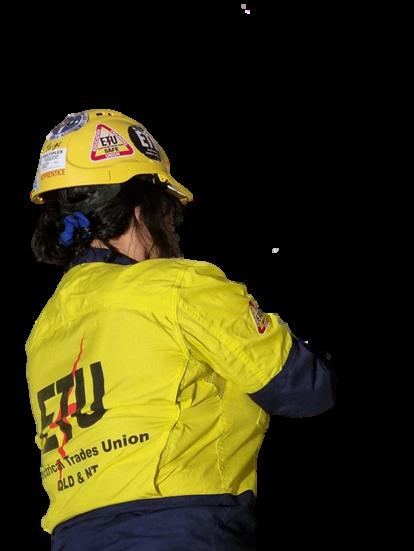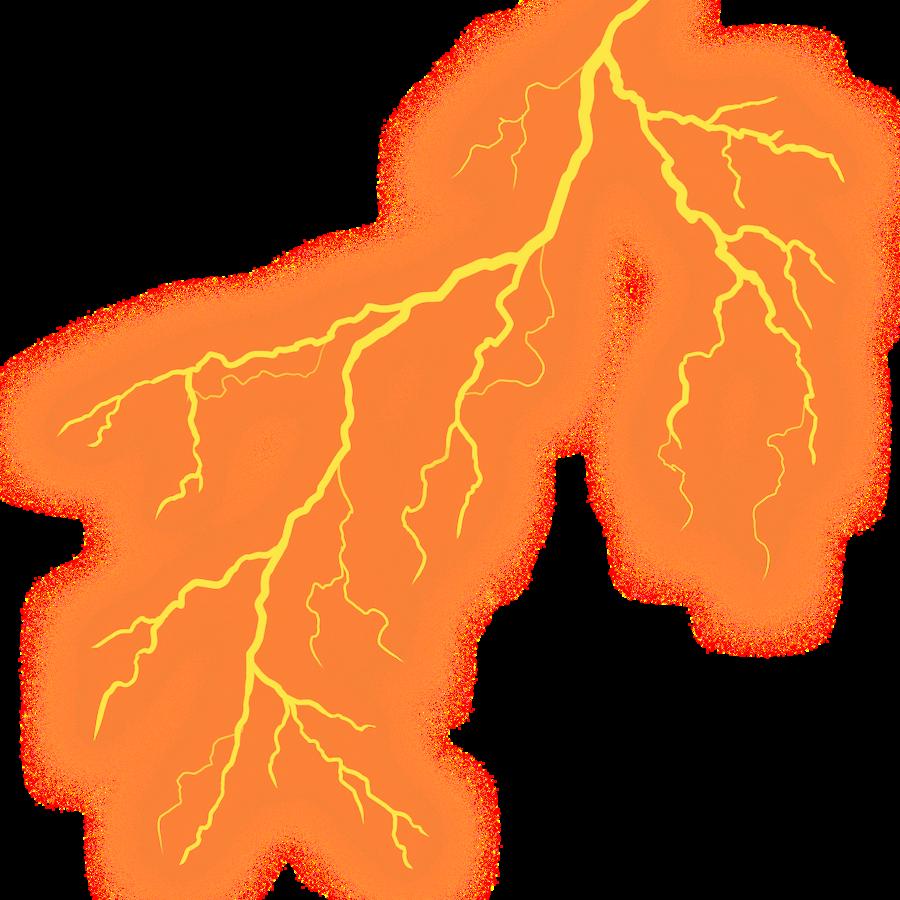
2 minute read
THE BEST THE BEST TRADE FOR TRADE FOR WOMEN WOMEN
With a significant skills shortage in our very near future, the industry is scrambling for more electrical workers. Latest estimates tell us we’ll need an additional 100 000 workers nation-wide to complete upcoming construction projects and build infrastructure for, and to maintain renewable energy assets With women representing only 2% of workers in the electrical industry in Australia, we’re currently missing the potential for recruiting around 50% of the population There’s a myriad of reasons women are underrepresented in our industry, and in all blue collar industries in Australia and across the world, but they all stem from one.
Studies tell us that by the time a child is two or three, they have internalised gender stereotypes With less representation of women in blue collar industries, most girls of just a few years old will have subconsciously ruled out a career on the tools For a teen or young woman to reconsider a trade, she will have to unlearn and relearn what a tradesperson looks like.
Many ETU women began their trade because a brother, father, or uncle is or was an electrical worker, but plenty of young women and girls will not have had this experience As the old saying goes, you can’t be what you can’t see The less women we have in the industry, the less will consider the trade, and the circle continues
For many women in our union, the trade has not always been easy. Many tradeswomen are the only women on their site, depot, or workplace, which can be an isolating experience A significant number of women report wanting to quit their apprenticeship due to workplace harassment, bullying, or discrimination These events, predicably, are more prominent on non-union sites
The challenge is that while many workplaces are unfriendly to women, how do we encourage women into the industry? With young school leavers commencing the trade at 17 or 18 years old, it can be an intimidating and daunting experience to enter a workplace Most apprentices will have or have had this experience, regardless of gender
The women’s rights movement has always walked alongside the union movement Women’s rights at work have been advanced by the union movement. It was less than 50 years ago, in 1974, that the ‘females minimum wage’ was abolished, creating one minimum wage for all adults This was due to ongoing campaigning by the union movement ETU members know that being treated equally in the workplace is a fundamental part of unionism
All unionists also know that there is power and strength in numbers

More women on the tools, more women in the trade, means more power to stand up for what’s right at work. Your union is around 95% men, and your workplace likely sits at around the same Union members also know that we call out behaviour that’s not right, whether it’s an unsafe workplace, bullying or harassment from bosses, or discrimination based on gender
No matter your gender or your position at work, look out for your workmates and call out the bullshit. Whether it’s the boss giving a woman a hard time or your workmates making sexist jokes – it’s not okay, and it needs to be called out, just as you would call out a safety issue on site Harassment, discrimination, or bullying at work is a workplace health and safety issue, and should be dealt with as such whether this means speaking to your delegate or calling your organiser
As a union we can make our industry better for women, whether that be in construction or the supply industry, in government and council roles, or in remote depots in outback Australia. The electrical industry is already known to be one of the best trades for women, with high pay, and good conditions won by your union Together we can make it even better and see more women entering the trade as our industry leads the way into a renewable future








